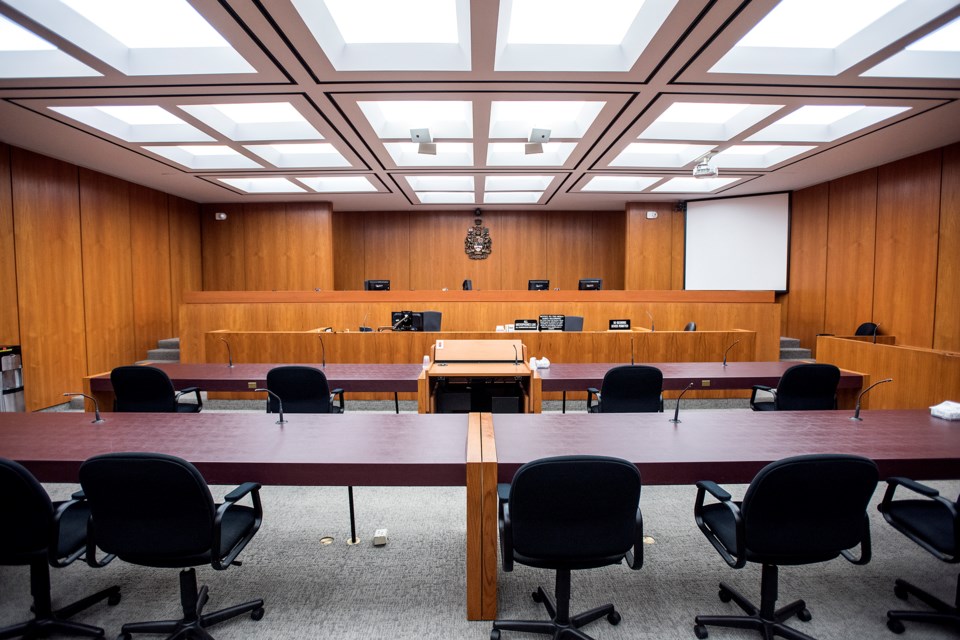Alberta's Court of Appeal heard arguments on March 6 from lawyers representing Anthony Bilodeau, one of the men convicted in the killing of two Métis hunters in 2020. Lawyers argued that the trial judge made errors in his instruction of the jury and admission of witness testimony that could have impacted the jury's decision.
Bilodeau, 34, was sentenced in January to life in prison without parole eligibility for 13 years in the second-degree murder of Maurice Cardinal, 57, and eight years for the manslaughter death of Jacob Sansom, 39. Both sentences will be served concurrently.
On March 27, 2020, Roger Bilodeau, Anthony’s father, saw truck headlights near his yard on his rural property near Glendon, which is located about 30 km west of Bonnyville. Thinking the headlights belonged to thieves, Roger and his 16-year-old son got in their own truck and chased the vehicle. Roger called Anthony during the pursuit and told him to come help him, and to bring a gun.
Anthony arrived at an intersection to what his lawyers described as an “acute and chilling circumstance,” shooting and killing Sansom within seconds of arriving, and killing Cardinal seconds later.
Anthony and his father were tried together. Roger Bilodeau was convicted of two counts of manslaughter and sentenced to 10 years in prison.
During their trial, the judge instructed jurors to only consider the testimony of each of the men in relation to their own sentence. Anthony’s lawyers argued Wednesday that the trial judge’s instruction to the jury created confusion about what testimony could be considered in their judgment, and had a “chilling effect” on jurors.
They also contested the trial judge’s evaluation of two witness testimonies as irrelevant to the case. One was a man from the area who was to testify he believed there had been an increase in crime in the area, which Bilodeau also expressed. Lawyers said the testimony would have helped the jury understand Anthony's perception of the situation the night he killed Cardinal and Sansom.
During the appeal hearing, Justice Alice Woolley said having two people testify that they share a belief shows nothing except that both parties believe it.
"You can find two people who believe lots of things, that doesn't mean they are reasonable," she said.
It was also noted that RCMP records and reports on crime statistics in the Bonnyville area were entered into evidence.
The panel of Court of Appeal justices reserved their decision on Anthony Bilodeau’s appeal.
RELATED STORY - Anthony Bilodeau sentenced to life in prison



